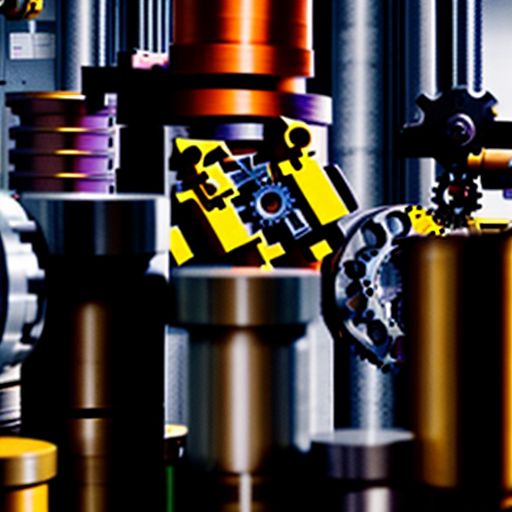In today’s fast-paced business world, having the right tools to manage your operations is crucial. Two systems often come up in these discussions: ERP (Enterprise Resource Planning) and MRP (Material Requirements Planning). While both play vital roles in optimizing business processes, they address different needs and have distinct functionalities. This article dives deep into the ERP vs. MRP debate, providing clarity to help you choose the system that aligns best with your business goals.
What is MRP?
MRP stands for Material Requirements Planning. It’s a software-based production planning and inventory control system that helps businesses, primarily in the manufacturing sector, manage their production processes efficiently.
How MRP Works:
- Demand Forecasting: MRP starts with analyzing sales history and forecasting future demand for finished products.
- Bill of Materials (BOM): It uses a BOM, a comprehensive list of raw materials, components, and sub-assemblies needed to create a product.
- Inventory Management: MRP calculates the exact quantity of each material required and when to order it, minimizing excess inventory and preventing production delays.
Think of MRP as a specialized chef: They meticulously plan the ingredients (materials) needed based on upcoming orders (demand) and their recipe book (BOM) to ensure a seamless cooking process (production).
What is ERP?
ERP stands for Enterprise Resource Planning. It’s a comprehensive software solution that integrates various business functions into a centralized system. ERP goes beyond manufacturing and encompasses departments like finance, human resources, sales, and customer relationship management (CRM).
Key Features of ERP:
- Centralized Database: All business data is stored in a single database, providing a unified view of operations.
- Automation: ERP automates routine tasks, reducing manual errors and freeing up employee time.
- Real-time Insights: It offers real-time visibility into key performance indicators (KPIs) across departments, facilitating data-driven decision-making.
Imagine ERP as the conductor of an orchestra: It harmonizes all the different instruments (departments) to ensure they play together seamlessly for a beautiful symphony (efficient business operations).
erp.backinhtravel.com/wp-content/uploads/2024/07/erp-vs-mrp-system-669a4d.jpg" alt="ERP vs. MRP System" width="512" height="512">ERP vs. MRP System
The Key Differences Between ERP and MRP
While both systems optimize business processes, their scope and functionalities differ significantly:
| Feature | ERP | MRP |
|---|---|---|
| Scope | Enterprise-wide | Primarily manufacturing |
| Focus | Integrated business management | Production planning and inventory control |
| Functionality | Finance, HR, CRM, Sales, Manufacturing, etc. | Demand forecasting, BOM management, inventory optimization |
| Data | Centralized database for all departments | Focuses on production-related data |
| Cost | Typically higher due to broader scope | Generally more affordable |
When to Choose MRP
MRP is an excellent fit for businesses that:
- Primarily operate in the manufacturing sector.
- Need to optimize their production planning and inventory management.
- Have a limited budget and require a specialized solution.
When to Choose ERP
ERP is the ideal choice for businesses that:
- Need a comprehensive solution to manage various departments.
- Want to streamline business processes and improve collaboration.
- Require real-time insights for strategic decision-making.
- Have the budget and resources for a large-scale software implementation.
Conclusion: ERP and MRP as Complementary Systems
While distinct, ERP and MRP can complement each other. Some ERP systems offer MRP modules, providing a comprehensive solution. Conversely, businesses using MRP can integrate it with other software to expand their capabilities.
Choosing between ERP and MRP depends on your specific business needs, industry, size, and budget. Analyze your requirements carefully, consider your long-term goals, and select the system that best aligns with your growth trajectory.
Do you have any further questions about ERP or MRP? Share your thoughts in the comments below!
